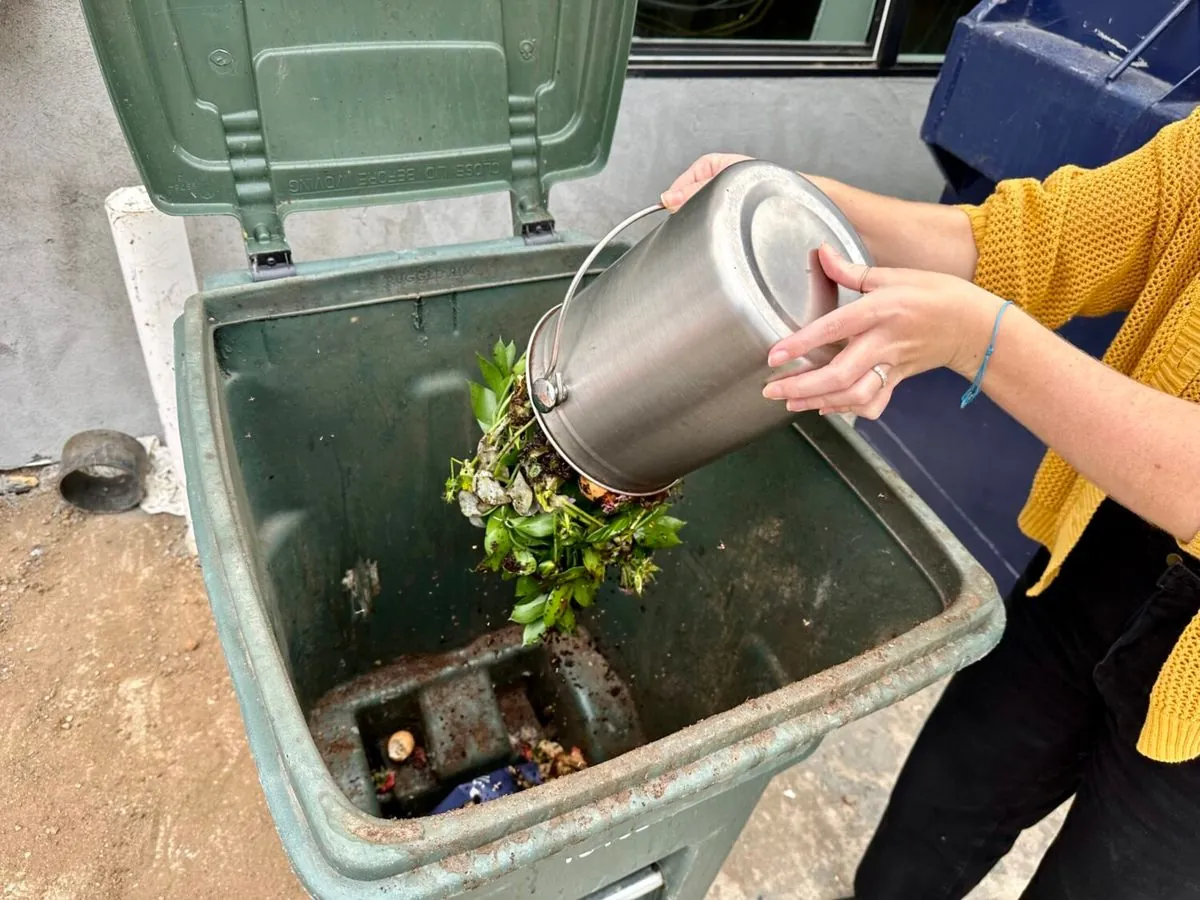Massachusetts Leads in Food Waste Ban, Other States Struggle
A recent study reveals Massachusetts' success in banning food waste from landfills, while other states face challenges. Experts highlight the importance of infrastructure, incentives, and enforcement for effective waste reduction.

In a recent study published in the journal Science, researchers have uncovered significant disparities in the effectiveness of food waste bans across various states. The findings highlight Massachusetts as the sole state to successfully implement such a ban, while others struggle to achieve meaningful results.
Kay Masterson, a Boston-area restaurant owner, exemplifies the challenges faced by businesses in adopting sustainable practices. Despite her proactive approach to composting and partnering with local organic farms, Masterson encountered numerous obstacles, including increased costs and the need for customer education.
"What's hard is knowing that the restaurant industry is such a difficult industry, it's been such a challenging few years. Our costs are constantly going up. People give up."
The study, conducted by researchers including Ioannis Stamatopoulos from the University of Texas at Austin, examined food waste bans in Massachusetts, California, Connecticut, Rhode Island, and Vermont. The results revealed that only Massachusetts had achieved significant success in reducing food waste sent to landfills.
Massachusetts' triumph can be attributed to several factors:
- Extensive composting network development
- Frequent inspections
- Simplified regulations
- Substantial fines for non-compliance
These measures have proven crucial in addressing the environmental impact of food waste, which contributes to over 50% of methane emissions from landfills, according to the Environmental Protection Agency (EPA).

The study's findings have sparked discussions among experts in the field. Ning Ai, an associate professor at the University of Illinois Chicago, emphasizes the importance of diverse approaches to waste reduction, such as food redistribution programs and diverting waste to animal feed. Weslynne Ashton, a professor at the Illinois Institute of Technology, underscores the necessity of infrastructure, incentives, and enforcement for effective policy implementation.
Other states face unique challenges in their efforts to reduce food waste. Rhode Island, for instance, invested in an anaerobic digestion facility to convert food waste into biofuels but struggled with changing public behavior. The state is now working on an updated solid waste management plan, scheduled for completion by 2026.
California's approach involves delegating responsibility to local governments and evaluating their compliance. The state recently began assessing jurisdictions and implementing plans to ensure adherence to waste reduction goals. However, penalties for non-compliant businesses only took effect in January 2024, nearly two years after the study's evaluation period.
The research also highlights the significance of addressing household food waste, which accounts for approximately 40% of food waste in landfills. California stands out as one of the few states to target both commercial and residential sources through legislation.
As the food service industry grapples with rising costs and operational challenges, the implementation of waste reduction measures remains a complex issue. The study suggests that while education and outreach are essential, the threat of enforcement and fines may prove more effective in driving change.
In conclusion, the success of Massachusetts in banning food waste from landfills serves as a model for other states. By developing comprehensive composting networks, simplifying regulations, and enforcing compliance, states can make significant strides in reducing food waste and its environmental impact. As the world moves towards a more sustainable future, effective waste management policies will play a crucial role in creating a circular economy and mitigating climate change.


































